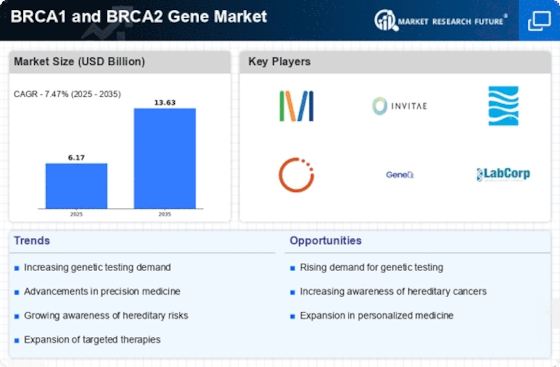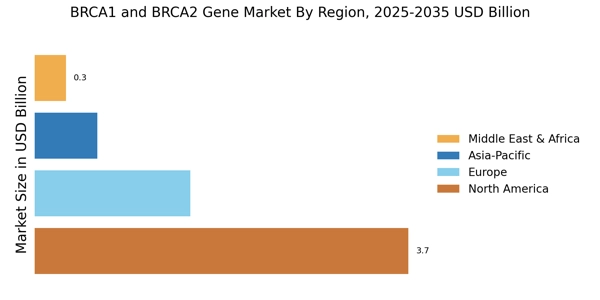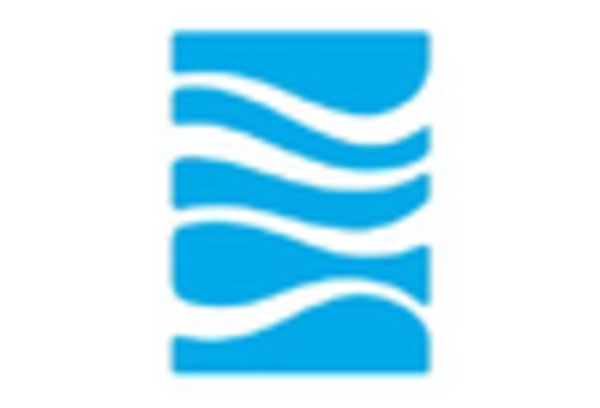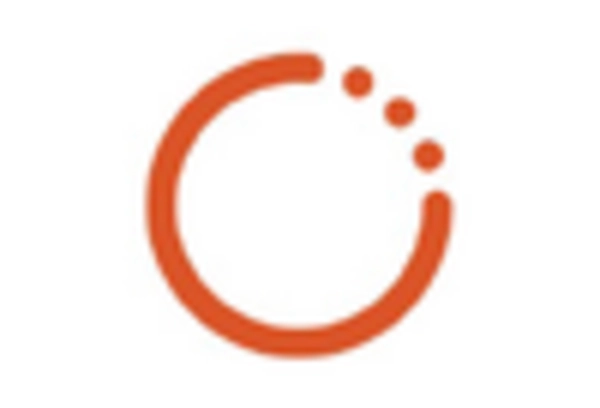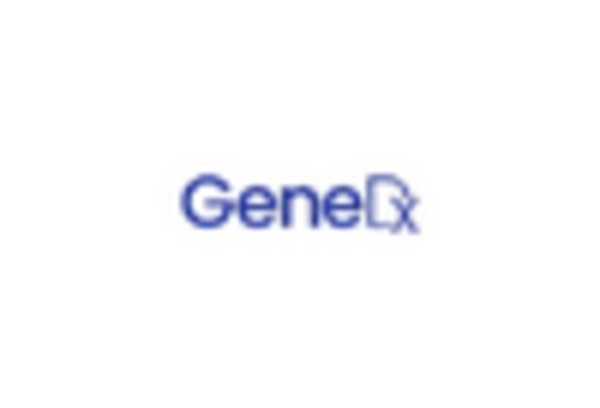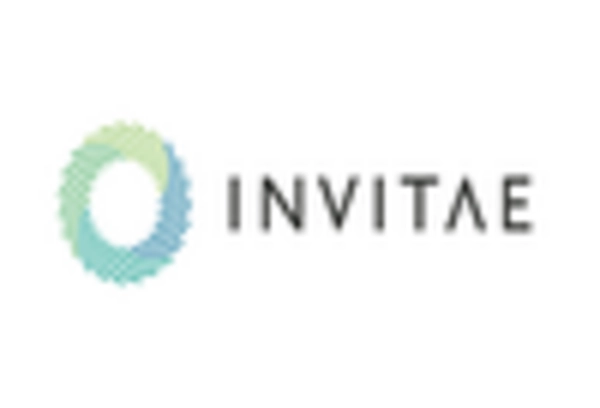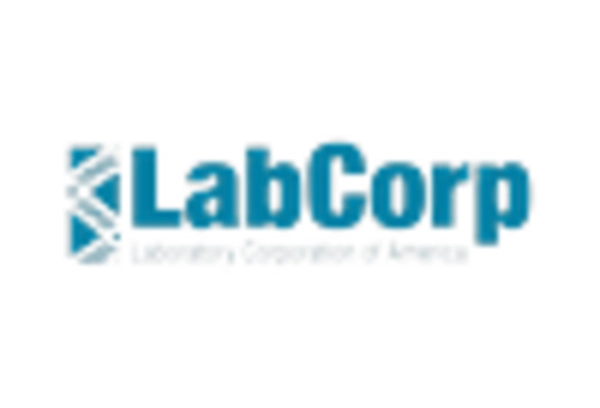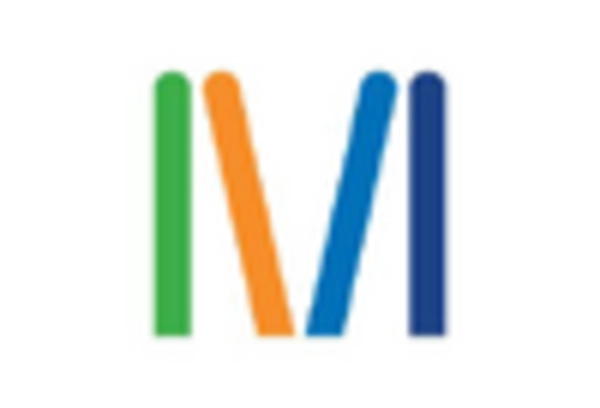Rising Investment in Genetic Research
Investment in genetic research is a crucial factor influencing the BRCA1 and BRCA2 Gene Market. Governments and private organizations are increasingly funding research initiatives aimed at understanding the genetic basis of cancer. This influx of capital is expected to accelerate the development of new testing methodologies and therapeutic options for individuals with BRCA mutations. For instance, research into gene editing technologies and novel drug development is gaining momentum, which could lead to breakthroughs in treatment. The market is likely to benefit from these advancements, as new findings may enhance the understanding of BRCA-related cancers and improve testing accuracy. Consequently, the BRCA1 and BRCA2 Gene Market stands to gain from the ongoing commitment to genetic research.
Growing Demand for Personalized Medicine
The shift towards personalized medicine is a significant driver for the BRCA1 and BRCA2 Gene Market. As healthcare moves away from a one-size-fits-all approach, the focus on tailored treatment plans based on genetic profiles is becoming more pronounced. Patients with BRCA mutations may benefit from targeted therapies, such as PARP inhibitors, which have shown efficacy in treating cancers associated with these mutations. The increasing recognition of the importance of genetic information in treatment decisions is likely to enhance the demand for BRCA testing. Market analysts predict that the personalized medicine segment will continue to expand, potentially leading to a more than 15% increase in the market size for BRCA1 and BRCA2 testing services over the next few years.
Advancements in Genetic Testing Technologies
Technological advancements in genetic testing methodologies are reshaping the BRCA1 and BRCA2 Gene Market. Innovations such as next-generation sequencing (NGS) have significantly enhanced the accuracy and efficiency of genetic testing. These technologies allow for comprehensive analysis of multiple genes simultaneously, reducing turnaround times and costs. As a result, more healthcare providers are adopting these advanced testing methods, leading to increased accessibility for patients. The market is projected to witness substantial growth, with estimates suggesting a compound annual growth rate (CAGR) of over 10% in the coming years. This technological evolution not only improves patient outcomes but also encourages more individuals to undergo testing, further propelling the BRCA1 and BRCA2 Gene Market.
Evolving Patient Advocacy and Support Networks
The evolution of patient advocacy and support networks plays a pivotal role in the BRCA1 and BRCA2 Gene Market. Organizations dedicated to raising awareness about hereditary cancers are increasingly active in educating the public about the importance of genetic testing. These networks provide resources and support for individuals at risk, encouraging them to pursue testing and preventive measures. The growing presence of these advocacy groups is likely to lead to higher testing rates, as they empower patients to make informed decisions about their health. Furthermore, the collaboration between advocacy organizations and healthcare providers is fostering a more supportive environment for patients. This trend is expected to contribute positively to the BRCA1 and BRCA2 Gene Market, as more individuals seek genetic testing and related services.
Increasing Incidence of Breast and Ovarian Cancer
The rising incidence of breast and ovarian cancer has a profound impact on the BRCA1 and BRCA2 Gene Market. As awareness of hereditary cancer syndromes grows, more individuals seek genetic testing to assess their risk. According to recent statistics, approximately 1 in 8 women will develop breast cancer in their lifetime, with a notable percentage linked to BRCA mutations. This trend is likely to drive demand for genetic testing services and counseling, thereby expanding the market. Furthermore, the increasing number of high-risk individuals seeking preventive measures, such as prophylactic surgeries, is expected to bolster the market. The BRCA1 and BRCA2 Gene Market is thus positioned for growth as healthcare providers emphasize early detection and risk management.


